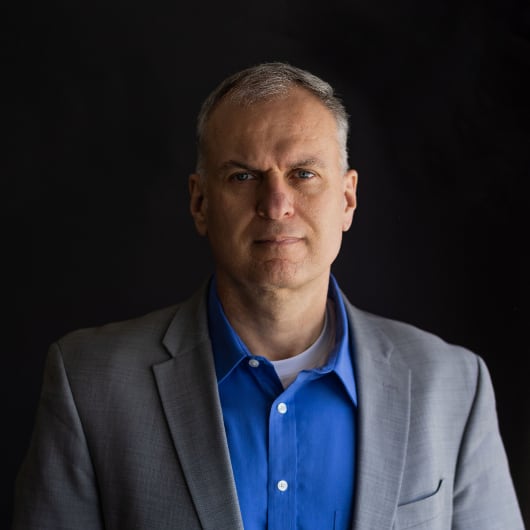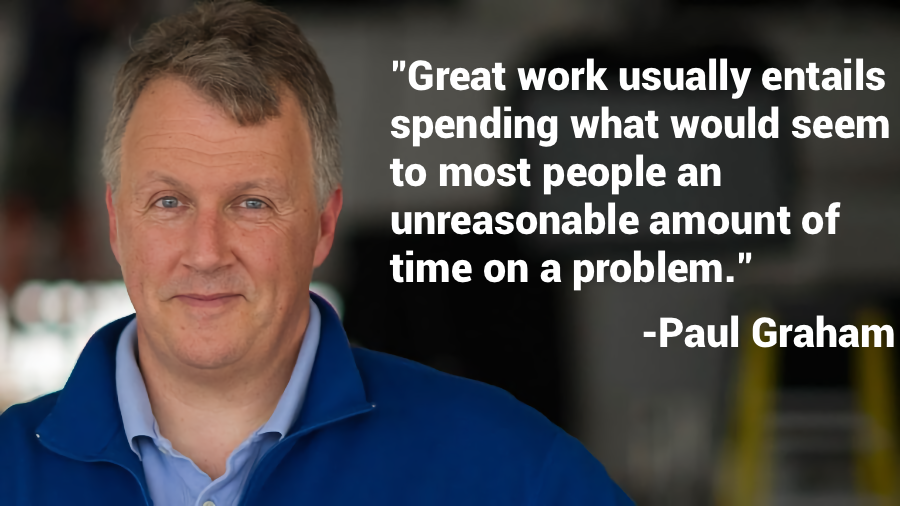This week we bring you some new articles on leadership and culture. While often not headline-grabbing, the foundation of long-term success is laid far away from the results in space and time. The leadership that creates outsized and sustainable impact requires deliberate and long-term effort. The three articles we have for you this week help point the way and offer advice on adding that perspective to your leadership style.
Retired financier V N Mukundarajan brings us our first piece advocating leaders be problem finders, not just problem solvers.
In many cases, problem-solving is like fighting a fire. The immediate concern is to extinguish the fire. Who or what caused the fire does not demand our immediate attention.
Problem-finding is a more challenging task than problem-solving. It requires expertise, humility, and farsightedness and the ability to rise above personal interests to serve a larger cause. For the problem-finding leaders, their organisations and public interest rank higher in priority than personal reputation.
Often a cultural and societal issue, there are rewards for solving a problem, but less so for preventing one in the first place, no matter how obvious. The difficult, and rare condition, identified is the ability and willingness of key people to set aside their ego and need for validation for the longer term/greater goal. Case in point would be Van Bush, and his work during World War II in the Office of Scientific Research and Development.
In the same vein is this article on personal agency’s role in problem solving. Written by Shane Parish of Farnam Street (the name an homage to famed investors Warren Buffet and Charlie Munger), the piece looks at how seeing and solving problems before they arise requires a sense of personal responsibility.
If we want to get away from glorifying those who run around putting out fires, we need to cultivate an organizational culture that empowers everyone to act responsibly at the first sign of smoke.
The idea of having an inner sense of captaincy means understanding the overarching goals of your work and being willing to make decisions that support them, even if something isn’t strictly your job or you might not get rewarded for it, or sometimes even if you don’t have permission.
Lastly, essayist and founder of leading startup incubator Y Combinator, Paul Graham, writes a treatise on doing great work. In the vein of his themes for harnessing ambitions, Graham offers guidance on what sets “great work” apart and the attitude and practices to make it more likely.
Following your interests may sound like a rather passive strategy, but in practice it usually means following them past all sorts of obstacles. You usually have to risk rejection and failure. So it does take a good deal of boldness.
But while you need boldness, you don’t usually need much planning. In most cases the recipe for doing great work is simply: work hard on excitingly ambitious projects, and something good will come of it.
At each stage do whatever seems most interesting and gives you the best options for the future. I call this approach “staying upwind.” This is how most people who’ve done great work seem to have done it.
That’s it for this week. With the summer movie season upon us, what do you think was the highest-ever rate of return on a movie? Star Wars? Avatar? Avengers End Game? Think again. Thoughts? Love and hate, we’d love to hear it all at blog@mindspaninc.com.

